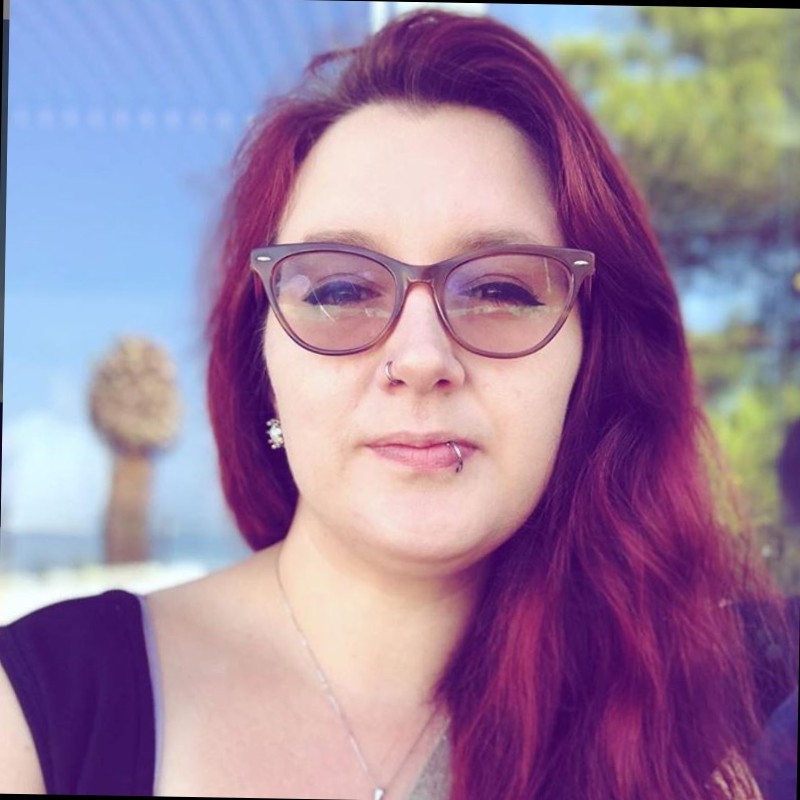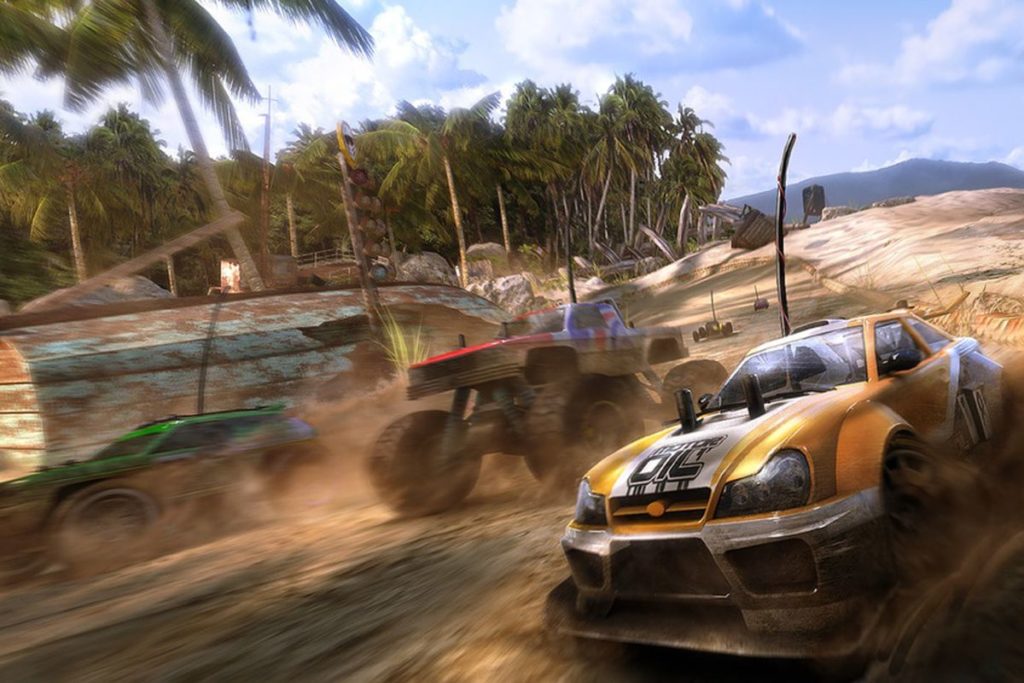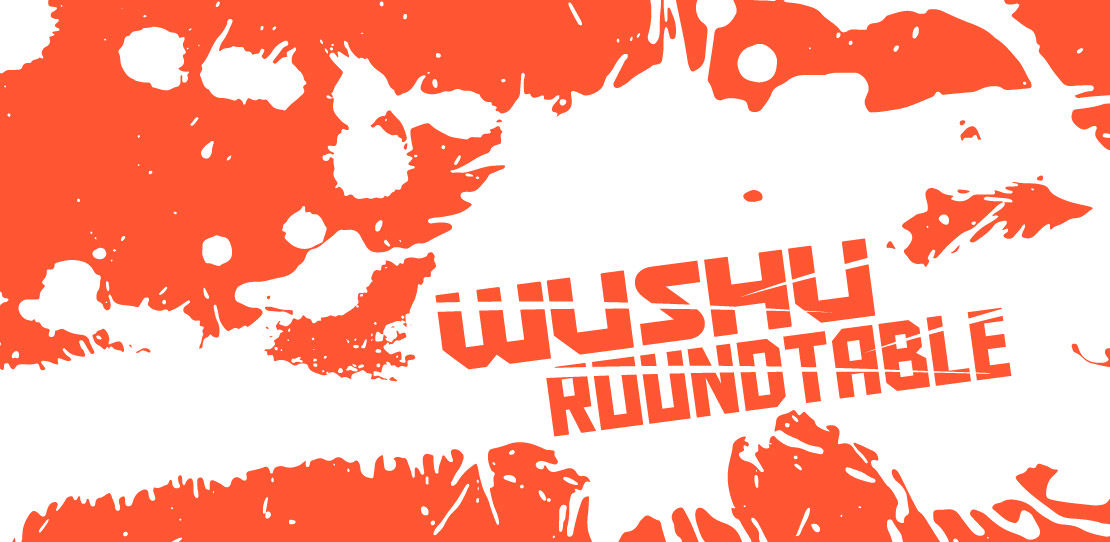Wushu Roundtable with Game Designer Beki Louise Rigby
Hey everyone!
Like we always say, we love to chat and pick the brains of our amazing team members here at Wushu Studios. In this week’s session Wushu Roundtable, we sat down with Game Designer Beki Louise Rigby, another veteran from games like MotorStorm RC and Driveclub to find out how she got started in games, break down what exactly a game ‘designer’ does, and get some advice for students and first time designers looking to get their foot in the door of the games industry.
We hope you enjoy!

Hey Beki! Thanks for taking some time out of your day for a chat!
Hey! No problem, thanks for having me!
How are things with you lately living and working through the pandemic?
Despite the pandemic, things are pretty good! It’s been interesting joining a new team in lockdown and getting to grips with working remotely, but everyone has been so welcoming that it doesn’t take long to feel right at home.
I’m lucky to have a spare bedroom as an office space, so my only real distraction are my two cats – who do love to dramatically interrupt meetings and zoom around the house randomly in the afternoon. I’ve developed a house plant hobby and had the chance to catch up on lots of games and books, so generally can’t complain! It’s so nice that we can start to see people socially again though. I’ve also really missed playing board games in real life.
Cats, games and books – who could ask for a better combo? So Beki, you went straight into game design at Staffordshire University. Did you always have your mind set on working in games one day?
It was an ambition, but not something I really thought could actually happen! I loved games and had dabbled with making little projects in my spare time so it was something I was really interested in pursuing. I also had pretty good grades in things that I felt put me in a good position for the game design courses – things like English, Computer Science, Film Studies, Psychology.
In college I was given some advice – to just choose a degree that I would really enjoy and had a genuine interest in, so I decided not to worry too much about how I’d get a job afterwards and just go for it! The idea was that finishing the degree was most important. If you enjoyed the course and had passion for it, you’d be able to make it through the difficult parts to the end! As it turned out I really did love the course and my time there, and eventually also did a Masters in Game Design before starting to apply for jobs in the industry.
You also got your first role in QA at Evolution Studios ten years ago. How was your first experience in the games industry?
I absolutely loved it! I felt so lucky to have found a role not only at a really cool studio, but also in the North West where I’d grown up. I knew I might have to relocate for work so to find an awesome place near home blew my mind. There was obviously so much about the whole process to learn as a newbie, but starting as an embedded QA tester in a first party studio felt like the perfect place to do that. That’s honestly why I was looking for a QA role in the first place – I wanted to have a good overview of everything and learn how it all came together in practice after university.
It was my first job where I felt surrounded by like-minded people and we were all just really excited to make cool stuff! Working around the time of the PS4 launch was really awesome, and I got to work on a couple of really cool projects like MotorStorm RC and Driveclub from start to finish. I learned so much and got involved with so many different aspects of development at every point of production that it helped me reach a point where I was confident to shift my focus back to game design as a path.
Would you say QA helped prepare you to segue right into game design?
Definitely. I think a key thing that both roles share is the ability to put yourself in the mindset of a player and imagine what they might be thinking, or how they might approach a problem. It’s also an important part of both roles to consider what the game does if something unexpected happens, or if the player does something unusual. Exploring these kinds of issues as a QA tester on multiple projects has definitely helped me to become a better game designer.
While I was a QA tester, I had a lot of opportunity to get involved with the design process – things like user testing or feedback rounds on features in development which gave me a lot of insight into how things are iterated. Writing bug reports is also quite similar to writing a design brief in a lot of ways – you have to be thorough, specific and answer all the questions you can possibly predict!

There’s a million and one parts in the sum of a game, and “design” can mean a million and one things to different players. What’s the role of a Game Designer in production?
Ultimately, a game designer’s role is to ensure all the features and mechanics in a game are built, presented and come together in a way that creates a fun, engaging experience for players. Game Designers are problem solvers – it’s not just about having an idea, but understanding how the idea works with every other aspect of the game. Being able to break that idea down to principles and rules, and being able to communicate that idea clearly to other developers so it can be implemented. Once a feature is in development, the designer’s job isn’t complete – most of the time there are many steps of iteration and tweaks before it’s ‘finished’! Some designers are very technical, some are very visual, some write amazing documentation – many have a balance of all these things.
Having been in games for so long now, what are some things you’d suggest students focus on when looking for a career in game design?
It’s such a great time to start learning. There are so many free tools for almost everything compared to when I was in university, which makes it super accessible to just start playing around and experimenting. There are also loads of free tutorials online and cool communities to get involved with.
I think it’s important to try and gain at least a basic understanding of the steps involved in creating a game, even if it’s a very simple one . Challenging yourself with a small personal project is always a good way to learn – just focus on a very basic idea to start with (and the most important thing is finishing it)! Working on little projects like this is also a good way to boost your portfolio when you’re looking for work.
I wish there had been more opportunity for exploring the technical side of things on the Game Design courses when I was at university, so I would always recommend taking that opportunity if you can. Having even some basic coding or scripting skills can really help when prototyping ideas or tweaking things yourself without the need for a coder’s help. Even if that’s not your bag, whatever tools you can learn to help communicate your designs so you’re not simply relying on your words – prototypes, flowcharts, excel sheets, etc are all super important tools you can use.
Finally, I’d always recommend playing lots of board games! They are, first of all, lots of fun, but also a cool source of inspiration for new mechanics.
As always, we love to end our roundtables with something fun. If you could be a part of the design team on any game over the last couple of decades, which one(s) would you pick and why?
I love the idea of working on something like Dragon Age, or an Elder Scrolls game – an RPG with an epic storyline and a huge world to explore. There’s just so many different aspects of design that go into a game like that – the environments, the characters, the story, the systems, and mechanics – all coming together to create something the player can really immerse themselves in. I think it would be an awesome challenge!
Thanks for chatting with us Beki!
Any time! Thanks for the interesting questions!
Thanks for checking out this segment of Wushu Roundtable. Be sure to keep an eye on our Twitter, Instagram and Facebook pages for more upcoming fun initiatives from us. Until next time!
Nate Najda
Communications Manager

